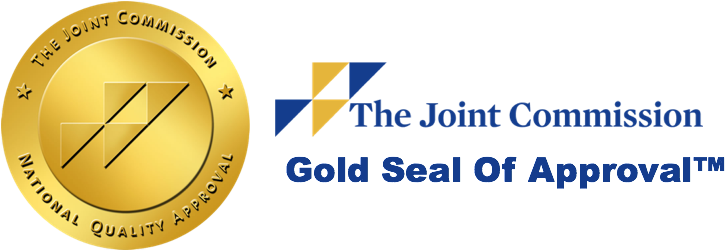Addiction doesn’t have a cure. That’s why 70-year-old alcoholics with 40 years of sobriety may still consider themselves to be in recovery. Being sober involves a lot of work on yourself—work that doesn’t end once you walk out of a treatment center.
Relapse is a constant concern for people in recovery. Remember that recovering from addiction requires a daily commitment to yourself and your new life. To help you or a loved one remain true to that commitment, we have decided to highlight five key steps to prevent relapse:
1. Take It One Day at a Time
Often when we consider the path we’re on to be final, we panic. Think about wedding day jitters. The idea that you will be a certain way for the rest of your life can be a little intimidating.
Many recovering addicts and alcoholics avoid this intimidation by focusing just on their recovery today. This philosophy makes you aware of your immediate surroundings, what you need to accomplish for today and what you can do to better your recovery. Spiritual practices, such as yoga, meditation, morning affirmations, and prayer, can also be effective.
2. Join a 12-Step Program
Meetings provide a much-needed social experience and emotional catharsis for people in recovery. The only requirement for membership in groups like Narcotics Anonymous and Alcoholics Anonymous is a desire to stop using. People in these groups are there to listen and to share their experiences, strength, and hope. There is rarely something said in a 12-step group that someone hasn’t heard, which is helpful if you carry around emotional baggage from years of addiction.
In groups like NA and AA, people in recovery do “step work” in order to relieve built-up shame and resentments and learn healthier coping techniques.
Get a sponsor, an understanding friend who guides you through the 12 steps and provides advice through difficult moments. The final step is to become a sponsor yourself, giving you the opportunity to help someone else in recovery and pay it forward.
3. Build a Network of Supportive, Sober Friends
One of the most harrowing experiences a recovering addict can have is the reintroduction to old friends and environments where you used to use. You’ve been working on changing your lifestyle; your old friends have not.
You can’t stay sober alone. Make sure that you have people to hang out with and sober activities to enjoy. It will not happen overnight, but with time, you can change your circle of friends to exclusively include healthy people. If you are attending regular 12-step meetings, you may find it much easier to build a sober network of friends who are in recovery.
4. Do Volunteer Work and Help Other Addicts
Although you may not want to relive your past, take comfort in knowing that others can benefit from the circumstances you have gone through. No one of us can change the choices we’ve made, but we can use the experience to change our own lives and the lives of others. Tough times offer a great opportunity to learn humility and bring hope to others in recovery. Volunteering and helping other people in recovery pulls you out of your head.
5. Ask for Help When You Need It
One of the biggest triggers to relapse is anxiety. Sobriety brings clear thinking and a lot of intense emotions that you may not be used to feeling yet. Don’t be too afraid or proud to reach out and call a family member, friend, sponsor, or therapist. Expressing yourself releases pent-up anxiety. If you need help, ask. You aren’t alone!
Recovery may seem like the climb up Everest today, but with time and work, it will feel like a sunset stroll on the beach. Relapse is preventable. If you follow these simple tools, you may find your recovery growing stronger by the day.







